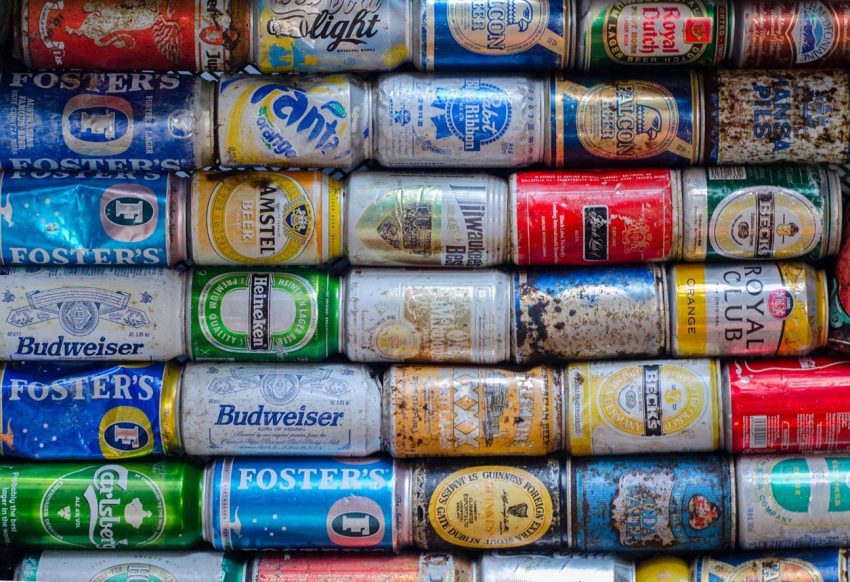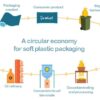Guide on how to recycle aluminium and steel
Recycling metals is one of the most important practices to conserve the environment and its precious resources, protect the planet and reduce pollution.
We can see metals everywhere, from the packaging of our favourite products like soda cans to buildings made entirely of them. Furthermore, the use of metals in the market is expected to grow exponentially in the next decade.
Almost all metals can be recycled, and many are highly valuable. However, many people do not know how to recycle them. Are you one of them? Do not worry! Find here a guide on how to recycle aluminium and steel!
How to recycle aluminium and steel.
Recycling these two metals is quite easy. You only have to follow some simple guidelines to carry out the recycling process correctly. These are:
Divide the metal into two groups.
Metals are generally divided into the two most popular groups for recycling: aluminium and steel. To identify them and prove what metal it is, you can use a magnet.
Unlike steel, aluminium metal is not magnetic. If the material you have does not react to the magnet, it’s aluminium!
Check the directions on the product.
In some cases, the packaging or product has a symbol that indicates what metal it is made of. It can be a mark of aluminium or steel. Take a good look at the product you want to recycle to know the material and group it correctly.
But you can follow this rule to make the job easier: beverage cans are usually made of aluminium, and food cans are usually made of steel.
Take the metals to the recycling site.
Deposit used cans and other packaging at your local recycling bank, but be sure they are clean before recycling.
Remember that most of the home recycling bins provided by the local council accept metal, so you could have the option of depositing the recycling material at home!
Other considerations.
- Aerosol containers can be recycled only if they are empty.
- The metallic plastic films in the chocolate wrappers cannot be recycled.
- You can also exchange the cans for cash if there is an exchange scheme near your city.
Why recycle aluminium.
Recycling aluminium is an essential part of conserving the environment, as it has a significant impact on nature. Besides, it is a very economical and ecological practice.
Recycled aluminium is melted into new aluminium through a simple process to minimise metal waste that consumes only 5% of the energy required to make aluminium conventionally from bauxite ore, producing significant cost savings and numerous environmental benefits.
Why recycle steel.
Steel is one of the most commonly recycled materials. The reason behind it is that recycling this metal can save an enormous amount of energy annually.
Energy is conserved four times compared to the traditional process of making steel from virgin ore. As a result, we have massive energy conservation and massive amounts of bridges, cars, and other goods created from recycled steel.
Conclusion.
Recycling metals has a significant impact on the environment and, consequently, on our health, quality of life, economy, and social well-being. Are you ready to do it? Follow the steps outlined in this guide!









